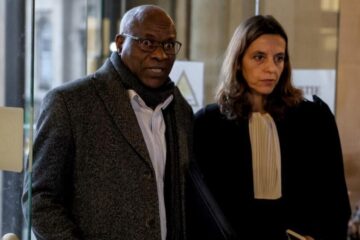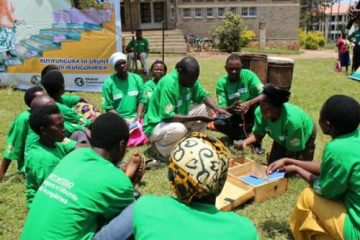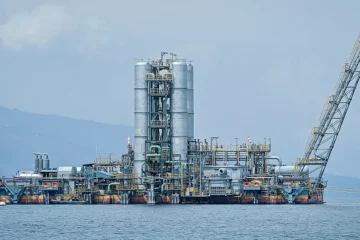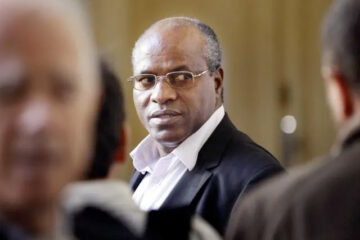This August, Rwanda set plans in motion to restore the Nyungwe–Ruhango Corridor, a critical stretch of forests and wetlands in the Southern Province. Backed by a US $9 million grant from the Global Environment Facility (GEF) and technical support from the World Bank, the project aims to rehabilitate over 2,162 hectares of degraded forests and wetlands and promote sustainable land management across 8,931 hectares of farmland.
Officials anticipate that the initiative will directly benefit more than 289,000 people in the districts of Ruhango, Nyanza, and Nyamagabe, while creating approximately 2,200 jobs through community engagement in forest restoration, nursery management, agroforestry, and climate-smart farming.
Communities Poised for Change
Local authorities and project planners say they expect communities to see improvements in water availability, soil fertility, and sustainable livelihoods once the project is fully implemented. Women and youth groups are slated to play a leading role in nurseries, agroforestry, and small-scale enterprises, offering both income opportunities and stewardship over natural resources.
“The goal is to build a corridor where both nature and people thrive,” said Juliet Kabera, Director General of the Rwanda Environment Management Authority (REMA). “We are preparing communities to actively participate and benefit from these interventions. Once underway, the impact should be tangible across both the environment and local livelihoods.”
Challenges Ahead
While the project promises significant benefits, officials acknowledge potential challenges: illegal logging, climate variability, and the need for sustained community engagement. Authorities are putting measures in place for continuous monitoring, awareness campaigns, and income-generating alternatives to reduce pressure on natural resources.
“Success depends on how well communities adopt and maintain the practices we introduce,” said a district environment officer in Ruhango. “We are optimistic, but it will take cooperation, persistence, and careful planning.”
The Nyungwe–Ruhango Corridor project represents a strategic investment in Rwanda’s environment and people. By aligning ecosystem restoration with livelihoods, policymakers hope to create a resilient, productive landscape that serves as a model for other regions facing similar environmental pressures.








